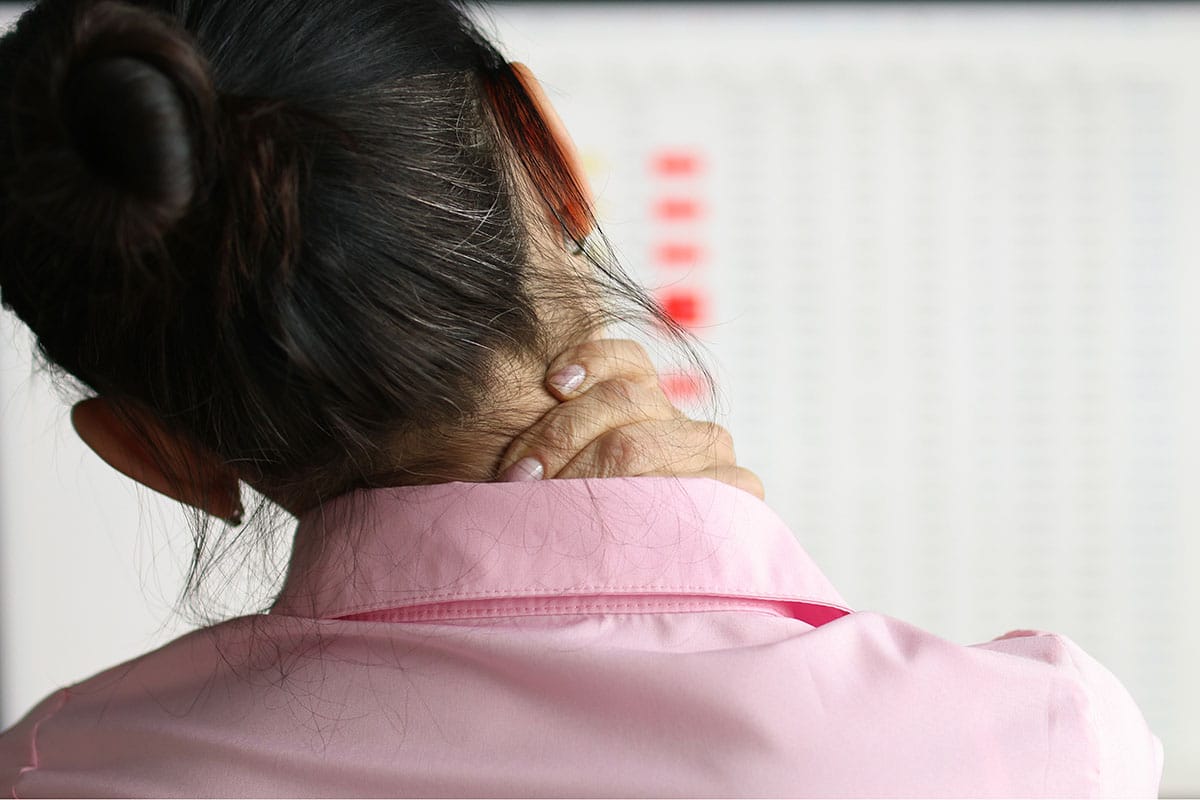The journeys and experiences that can contribute to substance use disorder (SUD) are unique to each individual. A family history of addiction, a traumatic event, or chronic pain can all play a role in developing SUD. Pain management is an important tool for individuals struggling with addiction and can provide multiple benefits to those trying to maintain sobriety. Especially for those struggling with addiction to prescription painkillers, understanding how to manage and cope with chronic pain can be critical.
The addiction and pain management program at Colorado Medication Assisted Recovery can provide a path to long-term recovery. Call 833.448.0127 today to speak to an admissions specialist and get started.
What Is Pain Management and How Can It Help in Addiction Recovery?
Pain management is a treatment approach that aims to alleviate or manage pain in participants. This type of treatment is well-suited for people in addiction recovery because it addresses physical pain without the use of addictive substances. Pain management can offer individuals a safe and effective way to manage pain and improve their overall quality of life.
The Benefits of Pain Management Programs
1. Improved Quality of Life
One of the most significant benefits of pain management is the improvement in the quality of life for participants. Chronic pain can limit a person’s ability to enjoy daily activities, participate in hobbies, and even perform work-related tasks. With pain management, clients can get relief from pain and increase their energy and motivation to enjoy life in a way that was previously not possible.
2. A Reduced Risk of Relapse
Managing pain during addiction recovery can be challenging, particularly for people who are used to self-medicating with drugs or alcohol. Pain management can reduce the risk of relapse by providing clients with safe and effective ways to manage their pain. Additionally, pain management can improve an individual’s focus and concentration, which can help them stay engaged in their addiction treatment program.
3. Increased Overall Well-being
Finally, pain management can result in a significant increase in overall well-being for individuals in addiction recovery. Chronic pain can take a significant toll on the body and mind, leading to decreased energy, poor sleep, and low mood. With effective pain management, participants can manage their pain symptoms, get adequate rest, and enjoy improved emotional well-being.
What to Expect in a Pain Management Program
While every program may vary slightly, there are some common elements to pain management programs. Generally speaking, clients can expect the following:
- A comprehensive assessment of their physical and mental health needs
- Individualized treatment plans tailored to their individual needs
- Care coordinated with other healthcare providers involved in their recovery process
- Education on safe and effective ways to manage pain
- Referrals to other services or resources that may be beneficial
As part of a comprehensive recovery program, pain management can be an essential part of successful addiction treatment. With the right support and guidance, people in recovery can find relief from physical pain and get back to living a meaningful life.
Call Colorado Medication Assisted Recovery Today
If you or a loved one is dealing with addiction and chronic pain, call Colorado Medication Assisted Recovery today. Our team of professionals can provide an individualized treatment plan to help you achieve long-term recovery and improved quality of life. We understand the importance of managing pain as part of the recovery process and are committed to providing safe and effective treatment services.
Don’t wait any longer to take your first step towards a life free from addiction. Call 833.448.0127 or reach out online today to speak to an admissions specialist and start your journey to recovery.




















